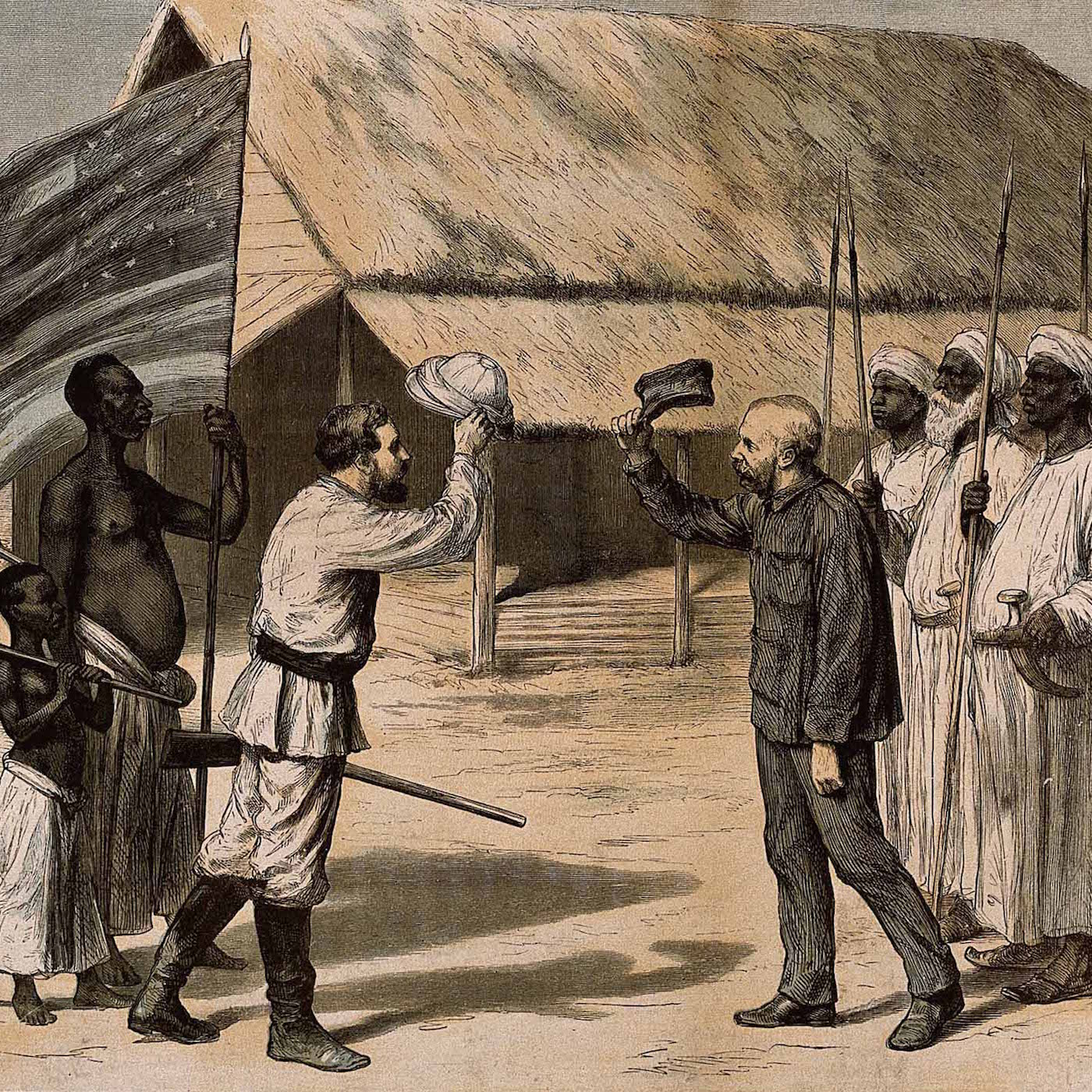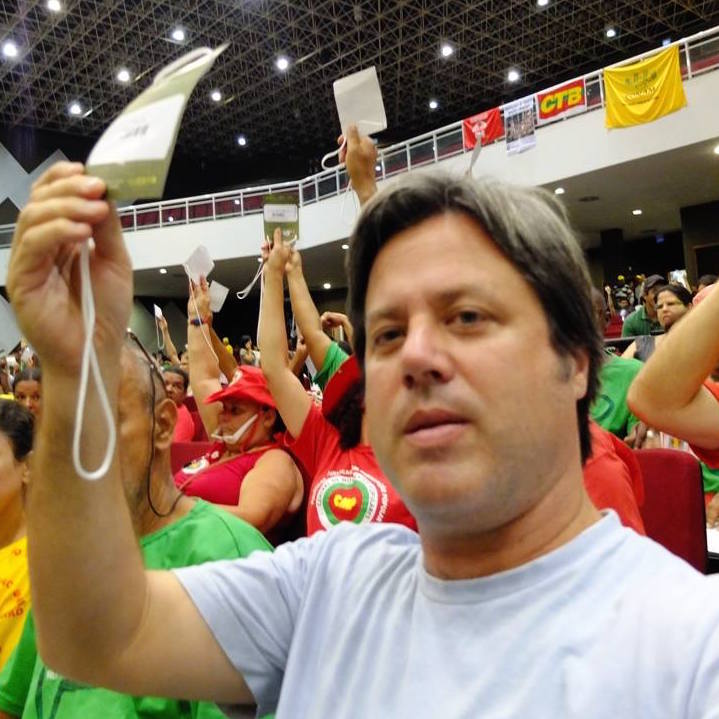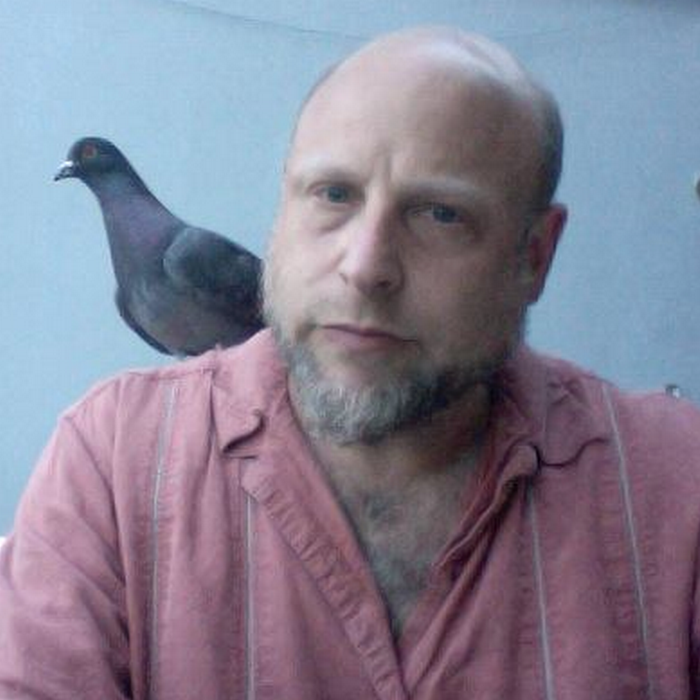Leadershipwreck

Africa isn't getting economics wrong, economists are getting Africa wrong.
Economic historian Morten Jerven explains why Western economists have been so wrong on sub-Saharan Africa - from inadequate data and flawed models, to damaging Western-imposed liberalization efforts - and how economists can amplify Africa's growth by correcting their own flaws and focusing on the region's needs, not its deficiencies.
Morten's latest book is Africa: Why Economists Get it Wrong from Zed Books.

Brazil's left pushes back against Dilma Rousseff's rightward concessions.
Live from São Paulo, Brian Mier reports on reports on anti-austerity, pro-public housing marches across Brazil, explains why president Dilma Rousseff's suvival-motivated rightward shift might be too far for some on Brazil's left, and sees political fatigue and partisan entrenchment that almost reminds him of being back in the US.
Brian wrote the Brasil Wire article Against Austerity: World Habitat Day.

Labour's "No" vote: Jeremy Corbyn's politics of actual left wing ideas.
Our Man in London, David Skalinder translates the rise of Labour Party leader Jeremy Corbyn to American ears - from the credibility behind his radical "student politics," to the accident of democracy that propelled him to power - and explains why the real work ahead for Corbyn is restoring Labour's muscle after a generation of hollowed-out Blairite personality politics.
David recommends reading John Cassidy's New Yorker piece on Corbyn Five Things Jeremy Corbyn Has Right.

Wars abroad for battles at home: Henry Kissinger's imperial architecture.
Historian Greg Grandin examines Henry Kissinger's long shadow over American history - from his career sowing discord and selling order, to his strategy of subordinating foreign policy for domestic political gain - and explains how Kissinger's brand of imperial existentialism shaped both modern America's security state paranoia and endless war.
Greg is author of the new book Kissinger's Shadow: The Long Reach of America's Most Controversial Statesman from Macmillan.

We have reached peak denialism, we just can't admit it to ourselves.
Jeff Dorchen loses his hair, but gains the world, but realizes that world is in serious denial - about bills, life, the giant robots mashing our recycled garbage, the rising Arctic ocean, the retreating glaciers, our overlords in the financial services industry, our lack of power - and there isn't a toupee big enough to make ourselves feel any more powerful or any less bald.

Checking out of Chicago's cynical Obama presidential library politics.
Writer Rick Perlstein explains how the future Obama presidential library found its home in the warm, imperial embrace of the University of Chicago, where plutocrats gobble public space (and funds) for private interest, Potempkin boutiques dot the landscape of neoliberalism's cultural command economy, and democracy's best hope is with the people standing up to elected elites.
Rick wrote the There Goes the Neighborhood: The Obama Library Lands on Chicago for The Baffler.
Rick will also be part of a panel discussion Chicago—Their City and Ours: A Forum on Developmental Disorder on Saturday, October 17th.





